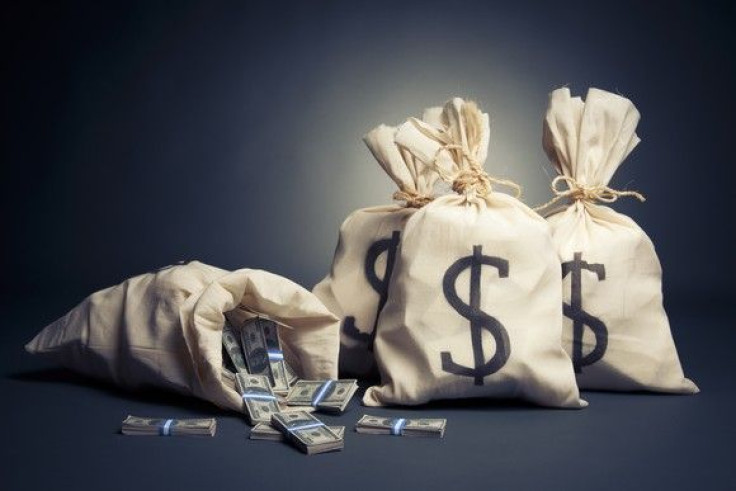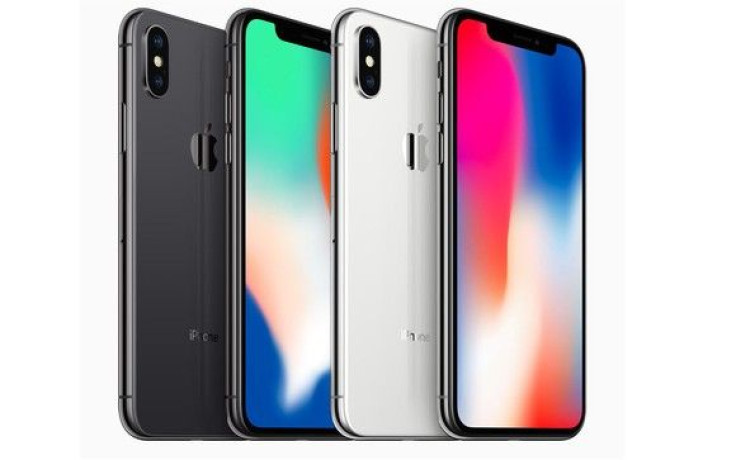3 Tech Giants With Incredible Pricing Power

This article originally appeared in the Motley Fool.
Warren Buffett once called pricing power the "single most important decision in evaluating a business," pointing out that "if you've got the power to raise prices without losing business to a competitor, you've got a very good business."
However, finding companies that have sustainable pricing power is tough. Hot products and services quickly attract copycats, which commoditize the market. Companies that create hit products also often overestimate their own brand strength in the face of innovative competitors.
The tech sector is littered with the remains of hot companies that were crushed by that cycle. However, three major tech stocks stood the test of time and retained their pricing power: Amazon (NASDAQ:AMZN), Netflix (NASDAQ:NFLX), and Apple(NASDAQ:AAPL).
Amazon
Amazon launched Amazon Prime for $79 per year in 2005. In 2014, it raised the price to $99 per year. Earlier this year, it hiked the monthly fee from $11 to $13, but kept its annual rate unchanged.
Looking ahead, Amazon can keep raising that price because it's locked in millions of Prime users with discounts, free shipping options, streaming media, cloud storage, e-books from the lending library, and other perks.
Last September, research firm CIRP estimated that Amazon had 90 million Prime members in the US, up from 80 million in April and accounting for 63% of its customer base. The firm estimates that the average Prime customer spends $1,700 annually on the site, compared to just $700 for non-Prime members.
So long as Amazon's Prime base keeps growing, and those customers buy more things, the company will have the power to keep raising prices. That business won't slow down anytime soon -- its online sales in North America and International markets respectively soared 35% and 29% annually last quarter.
Netflix
Netflix's disruptions of the video rental and cable TV markets gave it tremendous pricing power over the past decade. Back in 2008, its combination DVD rental and streaming plan cost $5 a month in the US. It raised that price to $8 in 2011 after an unsuccessful attempt to split the two subscriptions into separate services.
In 2014, it hiked the price for new HD customers to $10, and introduced a premium 4K plan for $12. Last year, it raised the price of the standard HD plan to $11, and the price of its 4K streaming plan to $14. The price of the "basic" SD video plan remained $8.
Many bears were worried that Netflix would lose subscribers, but it easily grew its subscriber base through those price hikes. Between the third quarters of 2011 and 2017, its total paid streaming subscribers rose almost five-fold from 21 million to 104 million.
Netflix continues to evolve from a streaming service to a producer of original shows and movies. It uses artificial intelligence to analyze its subscribers' viewing habits and tastes, which arguably gives it an edge against older media companies. That's why Netflix keeps locking in new viewers with hit series like Stranger Things.
Apple
Apple had a long history of making pricey PCs, but it didn't evolve into a "luxury" brand until Steve Jobs returned to the company and introduced the iMac, iPod, iPhone, and iPad. Those iconic products, particularly the iPhone, became status symbols -- first with tech enthusiasts, and then with mainstream consumers.

The basic model of the first iPhone cost $499 in 2008. The three newest iPhones -- the iPhone 8, iPhone 8 Plus, and iPhone X -- respectively start at $699, $799, and $999. Between 2008 (the first full year of iPhone sales) and 2017, Apple's annual iPhone shipments soared from 11.6 million to 216.8 million.
Warren Buffett, who had a long history of avoiding tech stocks, made Apple one of Berkshire Hathaway 's top holdings over the past two years. Buffett explained that Apple was a "consumer product" story instead of a tech one -- and that its loyal customers would keep paying premiums for the devices every year, even as the market became saturated with cheaper devices.
The Key Takeaways
Investors shouldn't buy a stock based on pricing power alone. Amazon and Netflix investors should still be cautious about the stocks' valuations, while Apple investors should notice that over half of its revenues came from the iPhone last quarter.
However, sustainable pricing power indicates that a company has a wide moat, and can repeatedly raise prices without losing customers. That quality makes stocks like Amazon, Netflix, and Apple great long-term investments.
John Mackey, CEO of Whole Foods Market, an Amazon subsidiary, is a member of The Motley Fool's board of directors. Leo Sun owns shares of Amazon. The Motley Fool owns shares of and recommends Amazon, Apple, Berkshire Hathaway (B shares), and Netflix. The Motley Fool has the following options: long January 2020 $150 calls on Apple and short January 2020 $155 calls on Apple. The Motley Fool has a disclosure policy.











